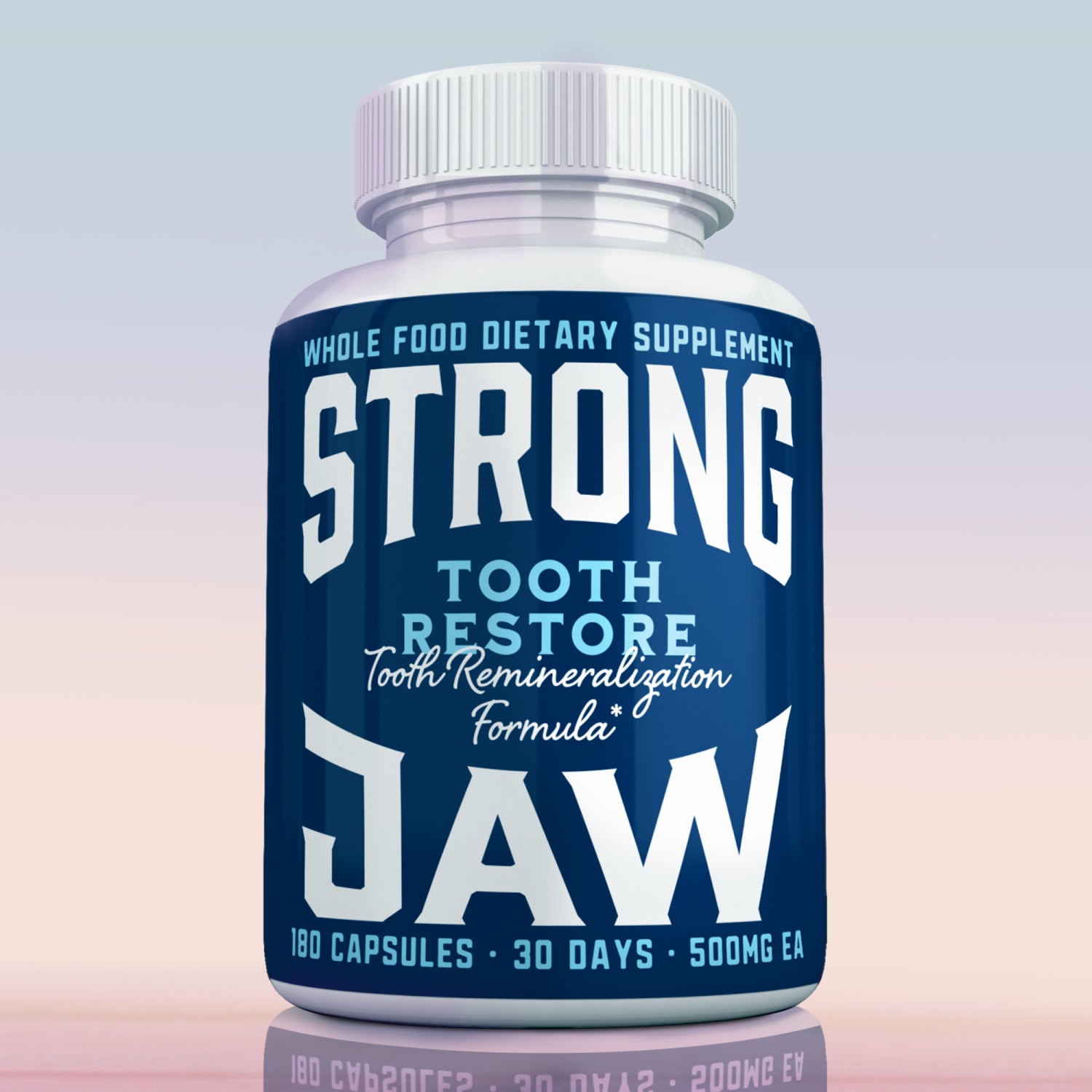Introduction
Welcome back to our ongoing blog series where we delve into the complex relationship between diet and dental health, guided by the expertise of Dr. Steven Lin. We've covered a wide range of topics so far, from the role of sugar and the oral microbiome to nutrients, systemic health, and bad breath. Today, we're focusing on a lesser-known but equally important issue: bruxism, commonly known as teeth grinding.
Understanding Bruxism
What is Bruxism?
Bruxism is the involuntary grinding or clenching of teeth, often occurring during sleep. It's a condition that many people may not even be aware they have until symptoms become severe or are pointed out by a dental professional.
Symptoms and Signs
According to Dr. Lin, common symptoms of bruxism include:
- Jaw pain
- Headaches
- Worn-down teeth
- Tooth sensitivity
The Prevalence of Bruxism
How Common is It?
Dr. Lin mentions that bruxism is more common than most people think. While exact statistics can vary, some studies suggest that up to 30% of the population may experience bruxism to some degree.
Causes of Bruxism
Various Factors
Dr. Lin explains that bruxism can be caused by a variety of factors, including:
- Stress and anxiety
- Misaligned teeth
- Dietary factors
- Sleep disorders
Each of these causes contributes to the condition in different ways and may require different approaches for management.
The Role of Diet in Bruxism
Dietary Influence
Dr. Lin emphasizes that diet plays a significant role in bruxism. Foods high in sugar and caffeine can exacerbate the condition by causing muscle tension and imbalances in the oral microbiome.
Foods to Avoid
- Sugary snacks
- Caffeinated beverages
- Processed foods
The Connection to Other Dental Issues
A Chain Reaction
Left untreated, bruxism can lead to other dental issues like tooth decay and gum disease. The constant grinding wears down the enamel, making teeth more susceptible to cavities. It can also lead to gum recession, exposing the sensitive parts of the teeth.
Treatment Options
Medical Treatments
Dr. Lin discusses several medical treatments for bruxism, such as:
- Mouthguards
- Muscle relaxants
- Dental correction for misaligned teeth
Lifestyle Changes
In addition to medical treatments, lifestyle changes can also help manage bruxism effectively. These include stress management techniques like meditation and dietary changes to include more muscle-relaxing foods like magnesium-rich food or a transdermal magnesium spray.
Practical Tips for Managing Bruxism
Based on Dr. Lin's insights, here are some practical tips for managing bruxism:
- Dietary Changes: Incorporate foods rich in magnesium and low in sugar.
- Oral Hygiene: Maintain good oral hygiene to prevent additional dental issues.
- Stress Management: Consider stress-reducing techniques like deep nasal breathing or walking in nature.
Debunking Myths
One common myth that Dr. Lin debunks is the idea that bruxism is solely stress-related. While stress can be a significant factor, it's not the only cause. Dietary factors and misalignment of teeth also play a crucial role.
Conclusion
Bruxism is a complex condition with multiple contributing factors, from stress and diet to dental misalignment. Understanding these underlying causes is the first step in effective management. As Dr. Steven Lin points out, a multi-faceted approach that includes dietary changes, stress management, and medical treatments can go a long way in managing this condition.
Thank you for joining us in this installment of our blog series. Stay tuned for the next part where we will explore The Importance of Vitamin D.




